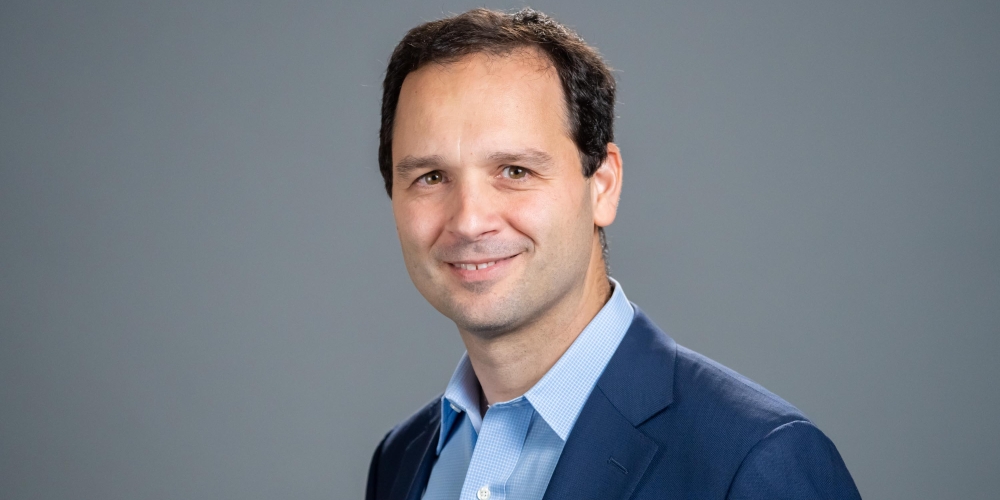

Research Bio
Dimitrios Zekkos' research interests span the fields of geotechnical engineering, geoenvironmental engineering and earthquake engineering. His research approach has commonly involved designing and employing innovative experimental (in the laboratory and the field), and computational approaches that aim to provide new insights and inform improved models of earth material response to static and dynamic loads.
Prof. Zekkos has also been devising and implementing autonomy-enabled approaches for characterization & post-disaster reconnaissance of infrastructure systems. His research team has deployed Unmanned Aerial Vehicles (UAV) to enable the development of large coverage, high resolution, spatially distributed datasets on the performance of infrastructure systems following natural disasters. These UAVs have been used to characterize not only the surface, but also the subsurface conditions by taking advantage of the capacity of UAVs to analyze the field data mid-flight and make mid-flight decisions autonomously.
Prof. Zekkos has been conducting research on landslides using the latest technological tools for data acquisition and analysis. Sensor-equipped UAVs and satellites are used to generate high resolution topography for hundreds to thousands of square kilometers. High resolution optical and infrared data can be used to provide an assessment of rockmass characteristics, and moisture conditions using digital image analyses in 3D. The data collected is used in 1D, 2D or 3D landslide models that span many square kilometers.
Prof. Zekkos research thrust on Resiliency of Municipal Solid Waste (MSW) Landfills has been spanning more than 15 years and involved the development of characterization approaches and testing schemes to improve our understanding of the mechanical response of MSW. He has combined field and laboratory testing approaches to provide insights on material behavior. Prof. Zekkos is also promoting energy harvesting in Next-Generation Municipal Solid Waste (MSW) Facilities, by investigating the physico-bio-chemical processes of anaerobic degradation of MSW. His research group developed large-size degradation simulators to degrade MSW specimens in anaerobic conditions with testing durations up to 1500 days. This testing guided the development of a coupled bio-chemo-physical computational performance model (CPM) and predicts energy output. Self-powered, autonomous, surface and subsurface distributed wireless nodes paired with land-based robots and UAVs provide critical input to this model.
More information about his research directions can be found at his website.
Research Expertise and Interest
geotechnical engineering, landslides, drones, satellites, earthquakes, natural hazards, infrastructure resilience, informatics, geoenvironmental engineering, landfills
